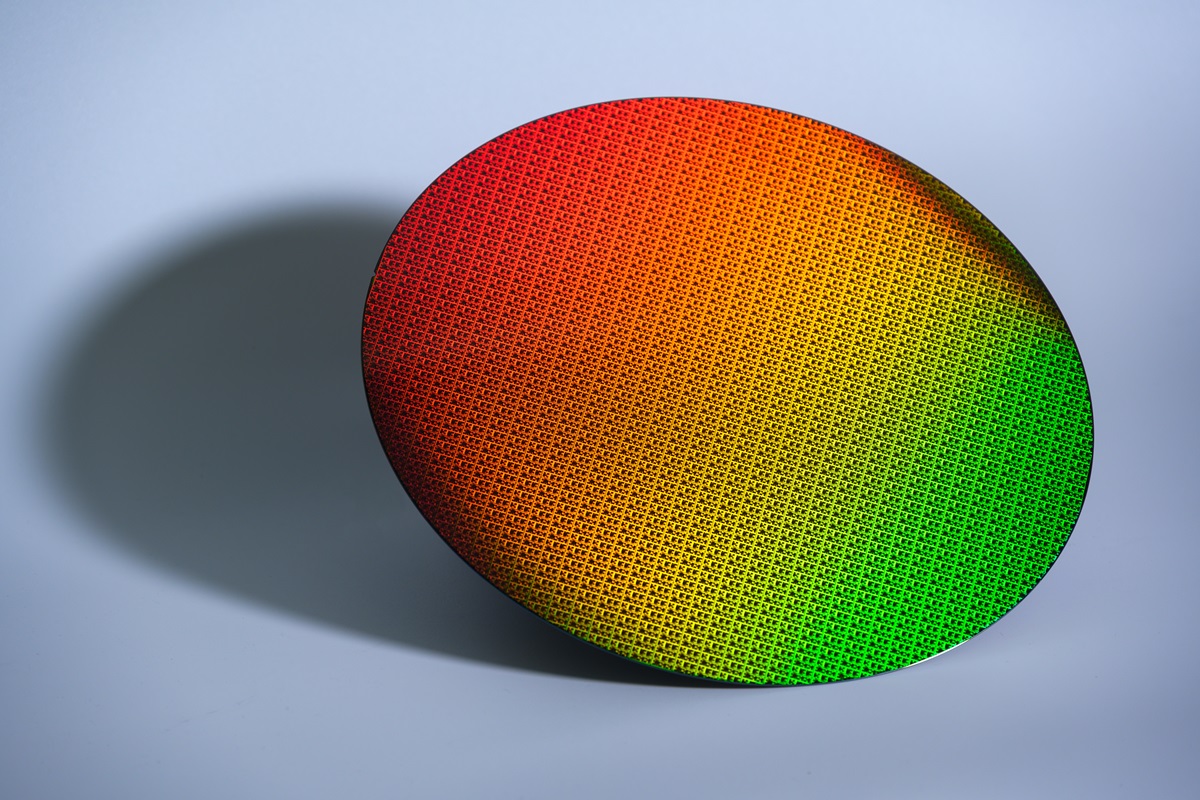In September, Intel announced that its Arrow Lake processors would primarily be manufactured by external partners, with Intel Foundry Services focusing on the packaging aspect. With Intel stepping back from its Intel 20A process, TSMC is now responsible for almost all manufacturing of Intel's current generation of consumer products, including the modules required for both Arrow Lake and Lunar Lake.

TrendForce reports that to better compete with rivals like AMD and Nvidia, Intel plans to ramp up its outsourcing efforts, awarding more 3nm production orders to TSMC. This outsourcing includes chips for Arrow Lake and Lunar Lake. As a result, TSMC is expected to receive a significant volume of outsourcing orders and maintain a strong business relationship with Intel.
According to a supply chain source, the compute module in Intel's 13th and 14th generation Core desktop processors occupies 70% of the chip area. However, in the current Core Ultra 200S series, it only uses one-third of the total area on the same 8P+16E configuration. This change allows Intel to incorporate additional features like NPU units, enhancing design possibilities. Furthermore, the Core Ultra 200S series significantly reduces power consumption and improves energy efficiency.
While Intel has not entirely abandoned its foundry division, the company seems to be facing challenges in maintaining competitiveness in high-end process nodes. Consequently, more of its products are being outsourced to TSMC, such as the latest AI accelerator, Gaudi 3, which utilizes TSMC's 5nm process. Intel's next generation of ARC discrete graphics cards, called Battlemage, is also set to be manufactured by TSMC, although the exact process specifications remain unknown.